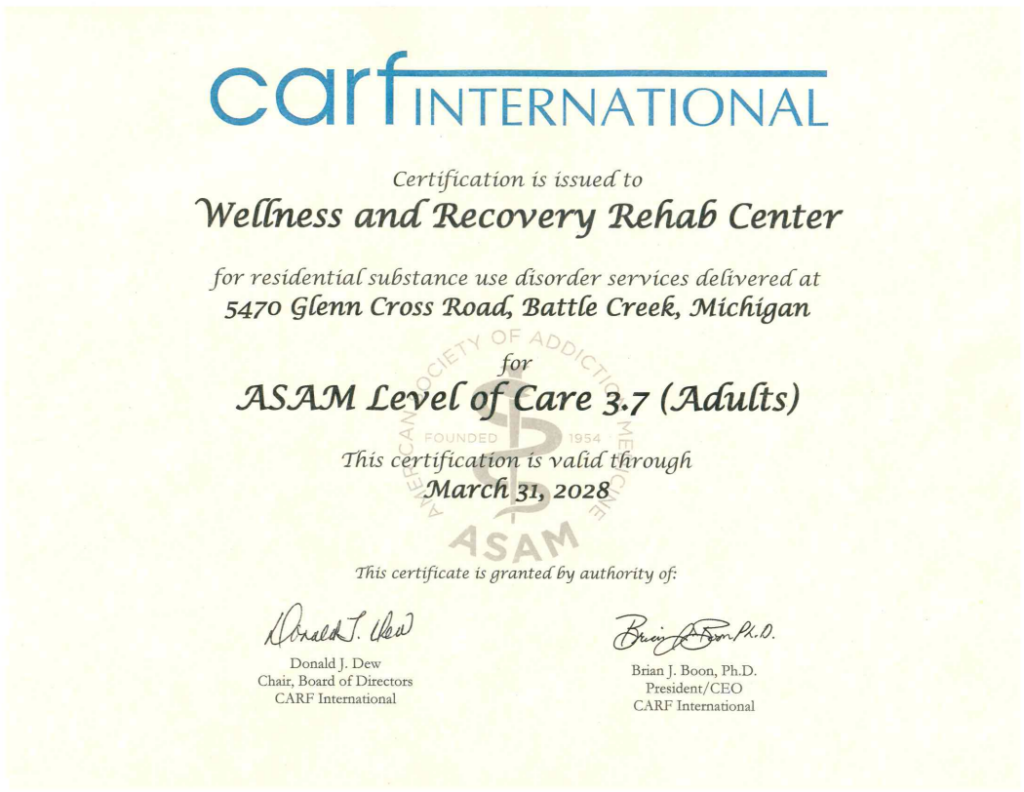While medical treatment plays a crucial role in pain management, chronic pain support groups provide a vital layer of emotional and psychological support.
These help individuals connect with others who understand their struggles, learn effective coping strategies, and regain a sense of control over their lives.
Pain isn’t just a physical sensation – it affects mental health, relationships, and overall well-being. The ongoing stress of dealing with pain can lead to social withdrawal, frustration, and emotional exhaustion.
Unlike medical treatment, which primarily focuses on the physical aspects of lasting pain, chronic pain support groups address the emotional, psychological, and social impact of living with pain.
While doctors and specialists play an essential role in treatment, support groups help fill the gaps by providing a safe, judgment-free space where people can share their experiences, discuss coping mechanisms, and find encouragement.
One of the most healing aspects of support groups is the opportunity to connect with others who truly understand what it’s like to live with chronic pain. The sense of “I’m not alone in this” can be profoundly comforting, especially for those who have felt isolated due to their condition.
Pain often carries emotional weight, leading to frustration, anger, grief, and sadness. Many individuals feel they need to “put on a brave face” for friends and family, which can lead to emotional suppression.
Chronic pain support groups allow individuals to express their emotions freely without fear of judgment, helping to alleviate feelings of loneliness and hopelessness.
At Wellness and Recovery, we integrate peer support into our chronic pain management programs, helping individuals feel seen, heard, and supported.
There is no one-size-fits-all approach to support. Different groups provide different benefits, and finding the right fit is key to long-term success.
Some of the most popular types of these support groups include:
In-person chronic pain support groups foster deeper connections, accountability, and trust. These structured, welcoming spaces allow individuals to share experiences and receive encouragement.
These groups are ideal for individuals with mobility issues, busy schedules, or limited local resources. Online communities provide constant access to peer support through forums, social media groups, and virtual meetings.
Some support groups focus on specific conditions, such as fibromyalgia, arthritis, and neuropathy. This lets individuals get support and care from individuals who intrinsically understand the same symptoms they also experience. This allows for targeted recommendations for treatment options and therapies.
These groups are facilitated by healthcare professionals, such as psychologists, physical therapists, and social workers, ensuring structured support. They also integrate medical and psychological approaches to chronic pain management.
A professional setting ensures privacy and informed discussions on treatment options.
Members can attend either in-person or virtually, making it accessible for different needs and schedules. Hybrid chronic pain support groups combine the benefits of face-to-face interaction with the accessibility of online resources.
They also allow geographically isolated individuals with mobility limitations to connect with others.
Platforms like Facebook, Reddit, and specialized forums allow members to connect with others anytime. Participants can interact with people globally, gaining new insights and coping techniques.
A holistic approach to chronic pain management focuses on treating the mind, body, and spirit in an interconnected way.
Support groups address the emotional and psychological toll of chronic pain, complementing other pain management techniques such as physical therapy, lifestyle modifications, and alternative therapies.
Here’s how chronic pain support groups fit into a holistic plan for managing treatment:
Chronic pain can lead to stress, anxiety, and depression, which may intensify pain perception. Support groups offer a safe space to express frustrations, receive encouragement, and develop a positive mindset for managing pain more effectively.
Members can share practical techniques for managing daily pain, such as pacing activities, practicing mindfulness, and using relaxation techniques. This exchange of strategies empowers individuals to take a more active role in their pain management.
Pain can be isolating, making it easy to withdraw from activities and social interactions. Engaging with chronic pain support groups fosters motivation, goal-setting, and accountability. This encourages members to stay consistent with exercise, therapy, and self-care practices.
Many people with chronic pain feel misunderstood by those who haven’t experienced it. Support groups create a sense of belonging where members can connect with others who truly understand their struggles, reducing loneliness and strengthening social bonds.
Support groups work well alongside conventional medical treatments and holistic therapies like physical therapy, yoga, and nutritional counseling. This multi-faceted approach helps individuals find the best combination of strategies for long-term relief.
Individuals who participate in support groups are less likely to rely on pain medications alone. By exploring alternative pain management techniques, individuals may find drug-free methods to alleviate symptoms and regain a sense of control over their health.
By addressing the mental, emotional, and social aspects of chronic pain, support groups offer more than just companionship – they serve as an integral component of a holistic pain management plan, helping individuals achieve a better quality of life despite ongoing pain.
At Wellness and Recovery, we recognize the impact that peer support and holistic care can have on chronic pain management and dual diagnosis recovery.
Our comprehensive programs combine evidence-based medical treatment, holistic therapies, and structured support groups to create a well-rounded approach to healing.
Whether you’re looking for emotional support, coping techniques, or alternative pain relief methods, Wellness and Recovery provides a compassionate community dedicated to helping you thrive.
Chronic pain can increase the risk of substance use when individuals turn to opioids or other substances for relief. Support groups play a critical role in preventing dependence and helping individuals explore alternative pain management strategies.
Co-occurring chronic pain support groups are a great way for individuals in addiction recovery to get help as well, as these groups:
At Wellness and Recovery, we offer specialized support for individuals managing co-occurring chronic pain and addiction recovery. This way, we ensure they receive the right resources, care, and community support to maintain lasting well-being.
With so many options available, finding the right support group is essential. Consider these factors:
At Wellness and Recovery, we help individuals find the right support networks, whether within our programs or through external community resources.
At Wellness and Recovery, we recognize that chronic pain is more than just a physical condition – it affects nearly every aspect of a person’s life, including their mental health, emotional well-being, relationships, and daily activities.
Our co-occurring chronic pain programs are designed to provide individuals with the resources, community, and holistic care they need to manage their pain effectively while improving their overall quality of life.
Our approach combines evidence-based medical treatment, holistic therapies, and structured support groups, creating a well-rounded and individualized care plan for each person.
We integrate multiple supportive and therapeutic elements into our co-occurring chronic pain programs, such as:
Our co-occurring chronic pain support programs provide more than symptom relief – they help individuals build confidence, resilience, and long-term coping mechanisms that allow them to regain control over their health and well-being.
Some of the benefits we provide for individuals looking for addiction, mental health, or co-occurring chronic pain management include:
Living with lasting pain is challenging, but you don’t have to face it alone. Chronic pain support groups offer understanding, practical strategies, and emotional strength to help individuals manage pain more effectively.
At Wellness and Recovery, we are committed to providing a compassionate, supportive environment for individuals navigating chronic pain.




